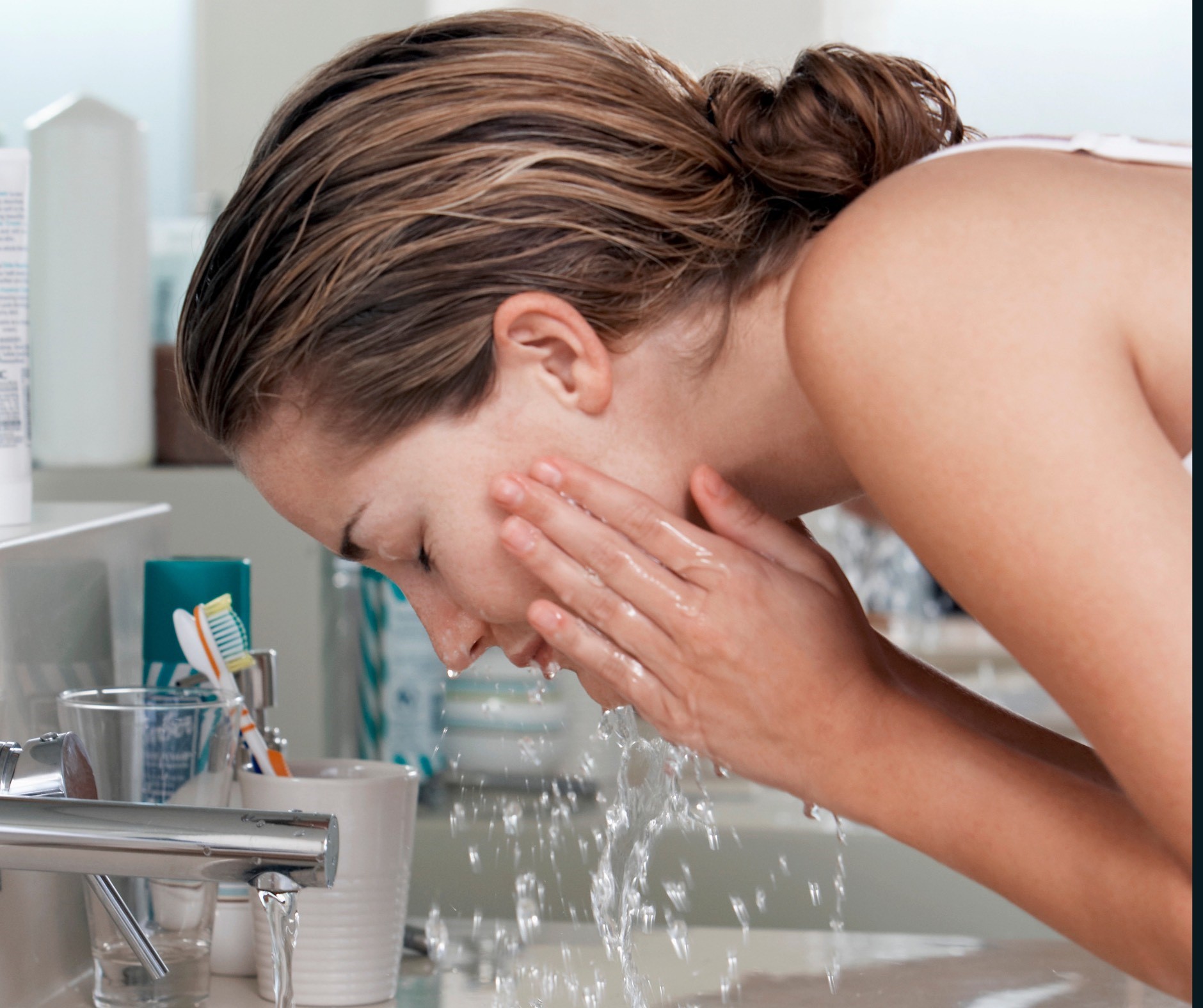Our skin is a window to our health, a reflection of everything that’s happening within.
What we put into our bodies – and just as importantly, what we don’t put into our bodies – significantly influences the appearance, health and texture of our skin.
We turn to nutrition to help us look and feel our best, but it’s not always easy to sort through the hype and claims when it comes to the best food and supplements to incorporate into our skincare regime.
Here’s a summary of nutritional do’s and don’ts for better skin. Let’s be clear – we’re not promising that these will give us all instantly radiant skin, but every little bit helps. Plus, these foods are good for us, providing a host of full-body benefits – the fact that they might also boost the health of our skin is just one more reason to add them to our daily diets.
TOP FOODS + NUTRIENTS FOR GORGEOUS, GLOWING SKIN
Omega-3’S + Plant-Based Fats. If you’re following a very low-fat diet, stop. Not only do we need fats in our diet for essential hormone production and other functions vital to a strong, healthy body, fats also help maintain our skin’s hydration and elasticity. Important, because dehydrated skin is more easily damaged and shows signs of aging more quickly. And a reduction in skin elasticity means that firm, toned skin becomes loose, sagging skin.
Omega 3-rich fats, like those found in salmon, flaxseed and walnuts help to fight inflammation and hydrate skin from within. You can also Incorporate omega-3-rich foods on most days, or add a daily supplement of fish oil or vegan omega 3 supplements that provide 1,000 mg of DHA and EPA.
Plant based fats are also excellent skin-friendly additions: think avocado, olive oil, nuts and seeds, and using coconut oil in place of butter when possible.
If you’re keeping an eye on weight, account for these added calories by consuming less of other not-so-healthy foods like processed and sugary carbs.
Collagen. Collagen is a key component of our body’s skin, cartilage, ligaments and tendons, as well as our bones and teeth.
Supplementing daily with 5 to 10 grams of collagen hydrolysate has been shown to improve skin elasticity and hydration. It’s also been shown to boost the density and structure of our skin’s collagen and help reduce collagen breakdown. Collagen is available as a nutritional supplement, you’ll see it as collagen hydrolysate or collagen peptides – both are good options.
Collagen hydrolysate can be blended into a smoothie for breakfast or a snack (see recipe below), stirred or blended into iced coffee or green juice for an afternoon pick-me-up, or blended with unsweetened chocolate almond milk for a nighttime snack.
Greek Yogurt + Kombucha. Immune-boosting probiotics are celebrated for their role in digestive health. They also promote skin healing and can help to alleviate inflammatory skin conditions, like eczema and psoriasis, giving us even more reason to add these good bugs into our diets.
Top food source of probiotic include yogurt with live active cultures (look for lower-sugar, higher protein Greek yogurt) and kombucha, as well as kefir and sauerkraut.
Green Tea. Drinking ample green tea daily (studies show four cups or more) can help improve skin elasticity, texture and hydration, as well as increase blood flow and oxygen to the skin.
Kale, spinach, carrots, and red peppers are among the top foods that are rich in both vitamin C, which helps to counter the effects of sun exposure. They’re also rich in vitamin A, which is essential for the maintenance and repair of skin tissue like collagen, which helps to promote healthy, younger-looking skin.
Antioxidant-rich vegetables and fruits in general are key components of a beauty-boosting diet (think color: green leafies, deep purples, reds and oranges). Our everyday metabolism, combined with factors like sunlight and smoking, results in the formation of free radicals that attach to the collagen and elastin in our skin, breaking them down at a more rapid rate. A diet rich in antioxidants will help negate the effects of these free radicals that compromise the integrity of our skin. These antioxidants may also help boost the protective effects of sunscreen.
SKIN-DAMAGING FOODS + DRINKS TO AVOID
Limiting our intake of specific foods and drinks can make a huge difference in the appearance of our skin.
Sugar. When our bodies metabolize sugar, it increases the production of compounds called ‘advanced glycated end products’ – also referred to as AGE, which accelerate collagen breakdown, leaving skin more prone to fine lines and wrinkles.
Sugar also causes an inflammatory response in the body, and anything we can do to reduce inflammation can help improve the skin’s appearance.
The list of sugary foods and drinks to avoid is lengthy, including many perceived-as-healthy-but-loaded-with-sugar smoothies, nutrition bars and fruit juices, as well as the more obvious sugar-loaded foods, such candy, desserts, sweet tea and sugary coffee drinks.
Refined carbohydrates. It’s not just sugar that is damaging to our skin. Refined carbohydrates, including white starches like rice, pasta, potatoes and breads also are inflammatory. Instead of the white stuff, incorporate more non-starchy vegetables, lean proteins and plant-based fats. If this sounds familiar, it should: It’s what we’re always recommending for pretty much all things related to feeling and looking better.
Alcohol. It’s dehydrating, and it’s also inflammatory – both are bad news for our skin. If you drink alcohol, limit it to a drink or two a few times a week, and absolutely steer clear of sugary cocktails.
The bottom line: No matter how nutrient-packed your diet is, we can’t neglect the skin essentials beyond food: Sunscreen daily. Don’t smoke. Boost circulation with regular exercise. Don’t skimp on sleep (it’s not called beauty sleep for nothing) – aim for at least seven hours a night. Added bonus: These behaviors also have the double benefit of helping us feel our best, as well as look our best.
//
Note: Julie Mermilliod, MD, system chair of dermatology at Ochsner Health System and Dr. Mary Lupo, board-certified dermatologist in New Orleans, contributed to the content of this article. Hear more of their expert insight, strategies and recommendations for nutritional supplements to improve your skin on Molly’s podcast, FUELED | Wellness + Nutrition.
Molly Kimball, RD, CSSD is a registered dietitian + nutrition journalist in New Orleans. Tune in to her podcast, FUELED | Wellness + Nutrition and follow her on Facebook, Instagram and Twitter at @MollyKimballRD. See more of Molly’s columns + TV segments at www.mollykimball.com.


